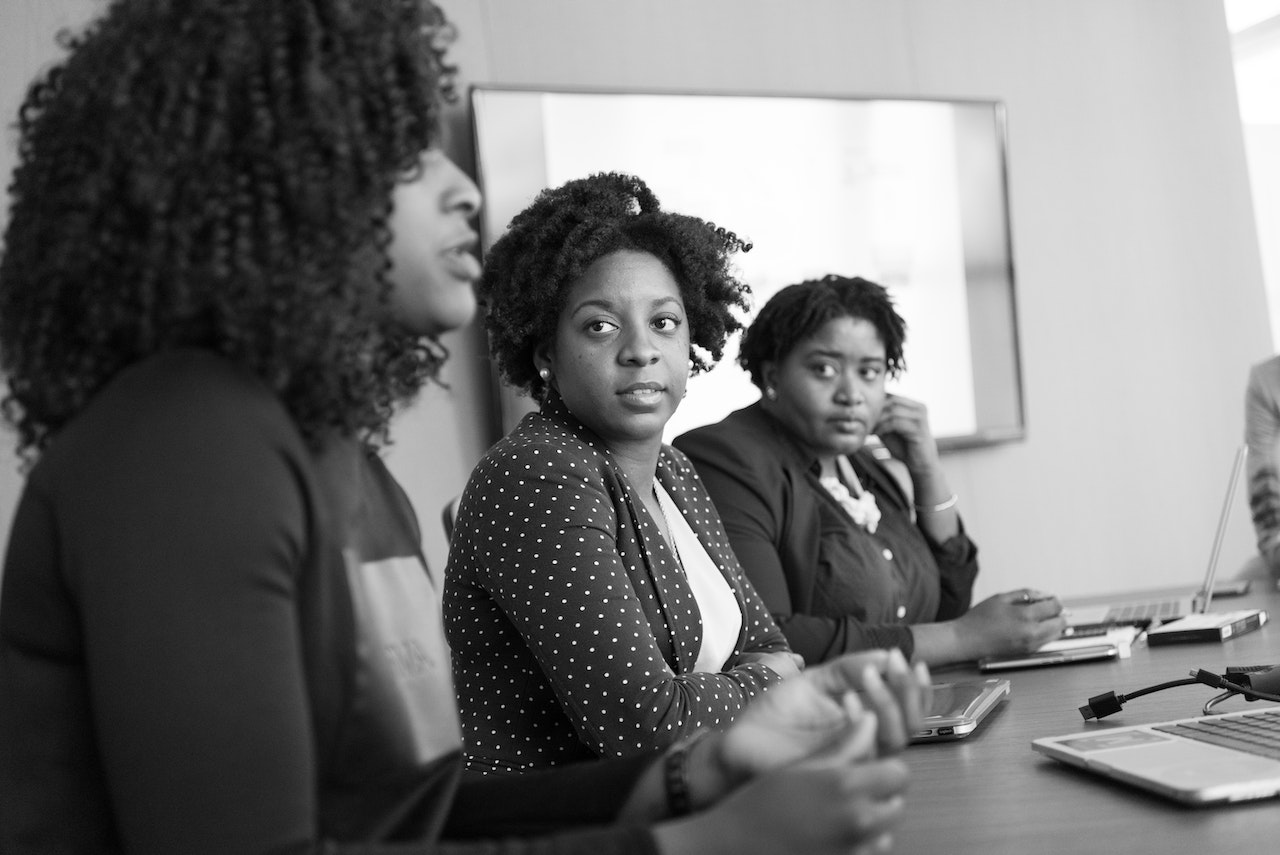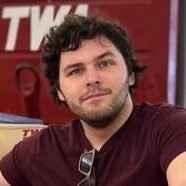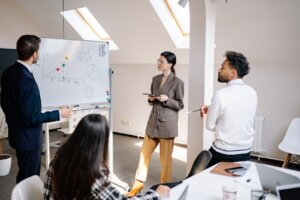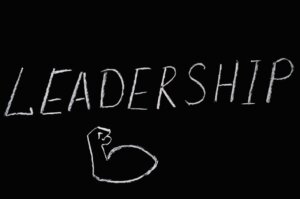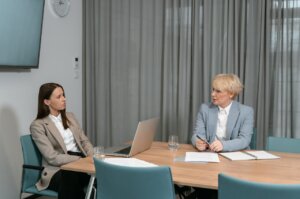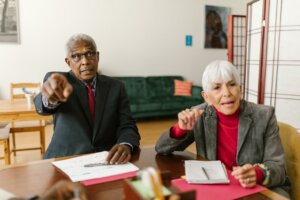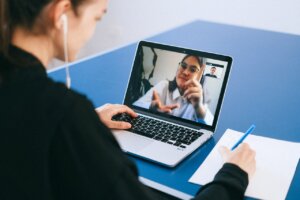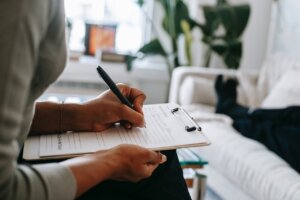This morning my inbox contained a special invitation that I want to pass on to women reading this blog.
The Berkana Institute invites you on a Walk Out Walk On Women’s Learning Journey to South Africa, November 1 – 12, 2011, to explore the role that women are playing in recreating community, government, and themselves.
I took this journey, with Meg Wheatley and 24 other phenomenal women from around the world, in 2006 – meeting women leaders who are changing the lives of others and their communities in the midst of what most would call poverty and without power, resources, or authority. It was transformational for me.
Women are playing the pivotal role in creating change. And in community after community, women as informal leaders have stepped forward to solve local problems without waiting for formal authority or resources. They have walked out of limiting beliefs about themselves and their communities and walked on to create sustainable solutions to seemingly unsolvable problems. Women of all ages have used their ingenuity and caring to figure out how to work with what they have to create what they need.
Berkana Institute Brochure
Lessons from the Fisherwomen of Cape Town
Worldwide women reinvest 70% of their earnings back into the community and the Fisherwomen are no exception. In addition to increasing education and healthcare in their township the Fisherwomen operate as a whole, each part contributing in different ways. They explained that they do this to protect their income, as individuals are not guaranteed a fishing license from year to year. When we visited, the total group income was divided among all the members regardless of how it was generated and provided financial stability for each member’s household.
More remarkable than their egalitarian community is their willingness to take on their government over rights that they feel are fundamental to their survival. As more Fisherwomen earned their captain’s credentials, they applied for more fishing licenses and got them. That is until the government determined that these licensing should go to men rather than women and began to discriminate against the group. Twice they sued the government for discrimination and twice they won.
Today the Fisherwomen face new challenges to their livelihood and rights as business women. Due to climate related change in water temperature, government regulated fishing quotas and seasons hamper their ability to catch good quality fish. The Fisherwomen are engaging the government again in order to integrate self-employed fisherwomen into the system and provide social support such as a pension fund, maternity benefits, and unemployment insurance.
Bringing it Home
Let me offer all readers of this blog, women in particular, the following simple yet powerful lesson from Meg during our learning journey: Follow YES!
To me this means:
- Follow the possible. Take the resources that show up rather than wait for something different or more “perfect” to show up. What can you do as a leader with what you have?
- Follow connections. Who do you know who can assist you, teach you, support you, or move your efforts forward. I call this “kicking the stone down the road.” With each connection you advance even if you can’t immediately see how it will take you to your goal.
- Follow the law of two feet. This comes from Harrison Owen, the originator of Open Space Technology. When you find yourself in a situation where you are neither learning nor contributing use your two feet to take you somewhere that you can.
I recommend this trip as a means of developing women’s leadership here in the United States. America’s women leaders are faced with: changing their businesses as owners, their roles as employees, and their communities as members, our children as mothers, our future as educators, and our society as government agents.
 Sections of this topic
Sections of this topic
